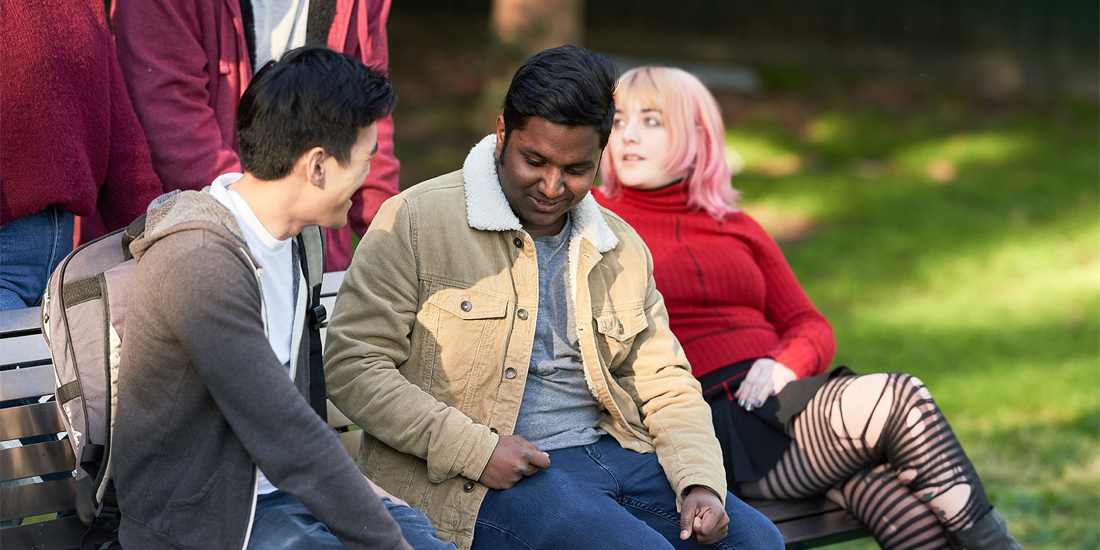
Orygen welcomes the Australian Capital Territory (ACT) Government’s commitment to provide $8.7 million to Orygen to roll out a digital mental health platform for young people, if re-elected on 17 October.
The digital platform, called MOST (Moderated Online Social Therapy), provides young people with access to tailored online therapy, and clinician and peer support when and where they need it. It will be made available to young people aged 12-25 accessing a headspace centre or a Child and Adolescent Mental Health Service in the ACT.
Orygen’s executive director, Professor Patrick McGorry welcomed the government’s commitment as an essential part of the response to the mental health challenges being experienced by young people.
“The COVID-19 pandemic is having a devastating impact on the mental health of young people, and we anticipate these effects will be felt for years to come,” Professor McGorry said. “The MOST platform provides 24 hour access to mental health support that can be tailored to the needs of individual young people and is also fully integrated with the face-to-face clinical care a young person may be receiving,” he said.
Earlier this year the Victorian Government provided funding to Orygen to roll-out MOST across state-funded child and adolescent youth mental health services and all Victorian headspace centres.
Development of the MOST platform has been led by Professor Mario Alvarez-Jimenez and his team at Orygen Digital over the past 10 years.
“MOST is the first single digital solution specifically designed to integrate with, and address, the key limitations of current youth mental health services; it supports young people before, during and after accessing face-to-face mental health services,” Professor Alvarez-Jimenez said.
“It has been designed with, and for, young people and existing services, providing clinicians with evidence-based tools and interventions that can be used across the diagnostic and severity spectrums and all stages of treatment. MOST provides wrap-around support from online peer workers; clinicians and career consultants; all integrated with high evidence-based and engaging online therapy and support from face-to-face clinicians.
“MOST also includes safe and meaningful social networking that connects young people facing the same challenges and enables them to support each other while accessing support from peer and clinical moderators,” he said.
Professor McGorry has called on the opposition to also commit to delivering the digital intervention to young people in the ACT should they be elected. “Mental health is a bipartisan space and should ideally remain so,” he said.
“Not only will investment in the digital platform provide young people in the ACT real-time support with their mental health challenges, the implementation of MOST brings economic benefits as well,” Professor McGorry said.